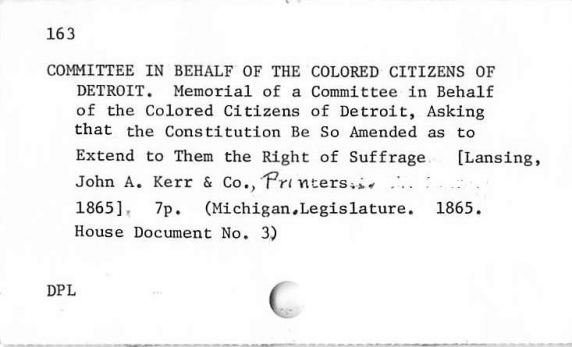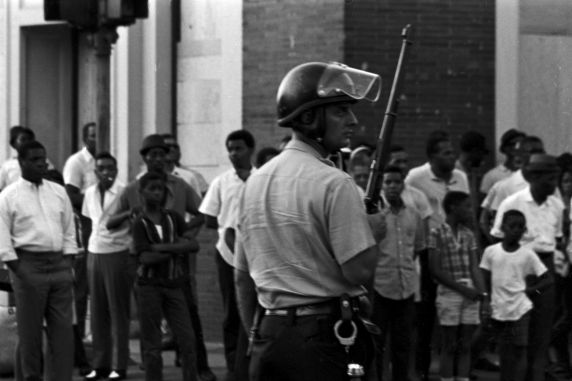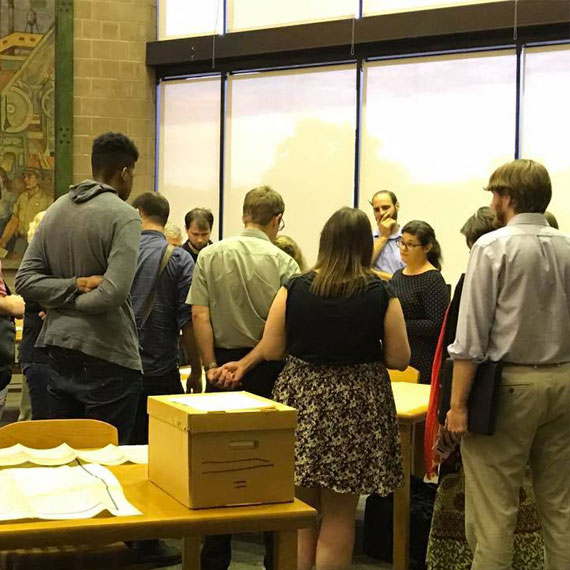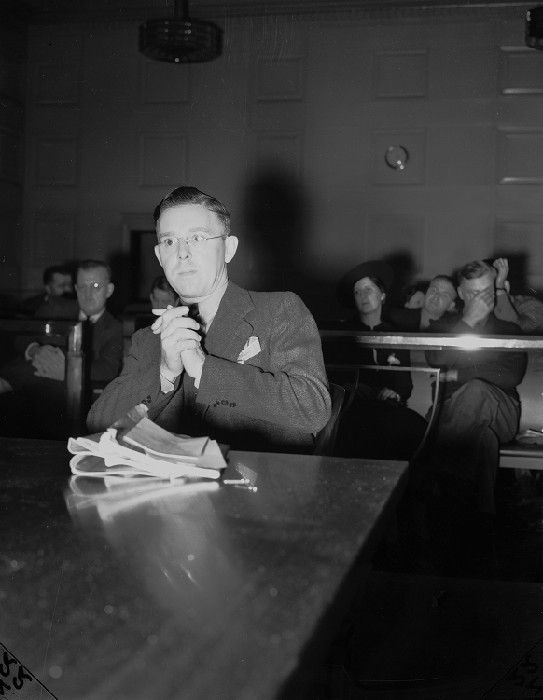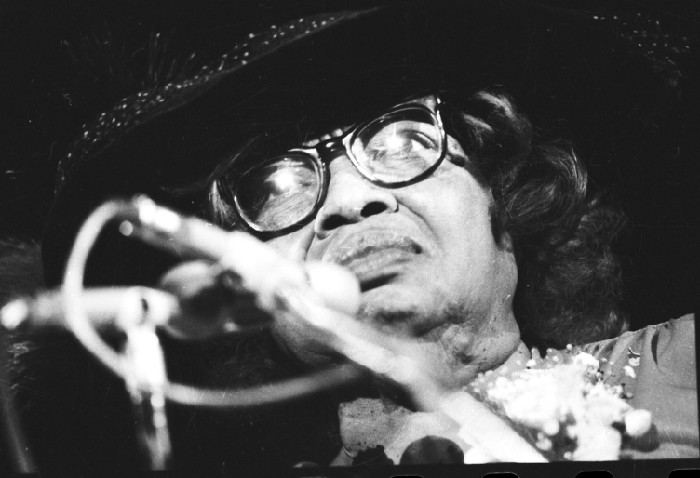Reuther Library field archivist Dr. Louis Jones and former archives students and staff members Mattie Dugan and Allie Penn discuss the Reuther’s Michigan Black History Bibliography (MBHB) and the multi-year, student-led project to digitize a decades-old index card file. Meticulously compiled by Reuther librarian Roberta McBride in the 1970s, the MBHB cataloged well-known and obscure articles, theses, and other bibliographic sources about African American history in Michigan, including slavery in Detroit in the 1700s, Underground Railroad activity in the 1800s, the racism and discrimination Blacks faced in the 1900s, and African American community-building efforts throughout. Jones discusses the history and importance of the MBHB card file, while Dugan and Penn describe the efforts of the Wayne State University chapter of the Society of American Archivists to digitize the resource, with financial assistance of a Carnegie-Whitney Grant from the American Library Association.
Related Resources:
Michigan Black History Bibliography
Michigan Black History Bibliography Now Available Online
Episode Credits
Producers: Dan Golodner and Troy Eller English
Host: Dan Golodner
Interviewees: Louis Jones, Mattie Dugan, Alexandrea Penn
Sound: Troy Eller English
With support from the Reuther Podcast Collective: Bart Bealmear, Elizabeth Clemens, Meghan Courtney, Troy Eller English, Dan Golodner, Paul Neirink, and Mary Wallace
Podcast: Play in new window | Download | Embed
Subscribe: Apple Podcasts | Spotify | Android | Podchaser | RSS | More
